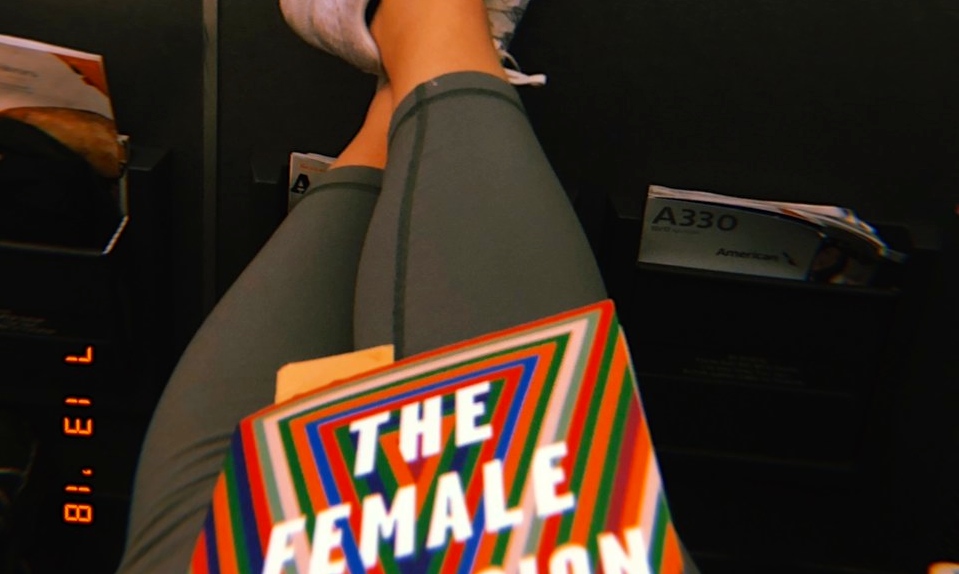a bookclique pick by Currie Engel
I finished The Female Persuasion while on a trip with my all-female a cappella group. We were on our annual retreat before school begins in order to review our repertoire, reconnect, and enjoy good food. The week was saturated with sisterhood. We belted songs from female powerhouses like Ariana Grande, Katy Perry and Taylor Swift, and it turned out to be the perfect time and place in time for me to have read this book.
The Female Persuasion looks like a book that might be assigned in a Gender and Sexuality Studies class, but interestingly, the text critiques second wave feminism as much as it lauds it. The main character, Greer Kadetsky, “discovers” feminism thanks to Faith Frank, a sixty-something-year-old, second-wave women’s libber who comes to speak at Ryland College, where Greer is a freshman. The story then follows Greer, her queer best friend, Zee, her boyfriend, Cory, and Faith Frank over the next twenty years, revealing key insights into first jobs, break-ups, make-ups, and the development of today’s third-wave feminism.
The most notable aspect of the novel is the way in which it acts as a mirror, reflecting both feminist theory and society, albeit imperfectly. Vague references to events like Trump’s election, dubbed “the great terribleness,” cling shadow-like to the text, imitating, but never fully unveiling, the real world. On a narrative level, Greer’s stories are mimicked by others, yet they change shape in different chapters depending on which character is narrating.
I even saw myself reflected in Greer’s character: a young woman in college who struggles with identity, feminism, her dreams of being a writer, and a long-distance relationship. At first, I was frustrated by Wolitzer’s obvious mirroring. Why did the chapters recount the same scenes, changing only in terms of the perspectives from which they were told?
Ultimately, I recognized that the repetition of scenes allowed for a variable, accessible interpretation of events and characters, affecting one’s reading of the text, and it made me think about the importance of mirrors, both metaphorical and literal. I thought about all the women – strong, vivacious, beautiful, and smart – in my singing group who surrounded me. Even though the make-up of the group has changed since I was a freshman, the general sense of empowerment remains. These are women like Faith Frank and Greer who have helped me, influenced me, encouraged me, persuaded me to embody my female identity.
Perhaps the text felt so familiar and repetitive because there is a little bit of all of us hidden in The Female Persuasion, waiting for us to catch a glimpse of ourselves in its mirror. Without mirrors, we are left to guess what our reflection looks like, blind and bewildered. We must be encouraged, persuaded even, to take a good, hard look at ourselves and celebrate the person we find looking back — or else make a change so we can see the person we desire to be looking back at us.

